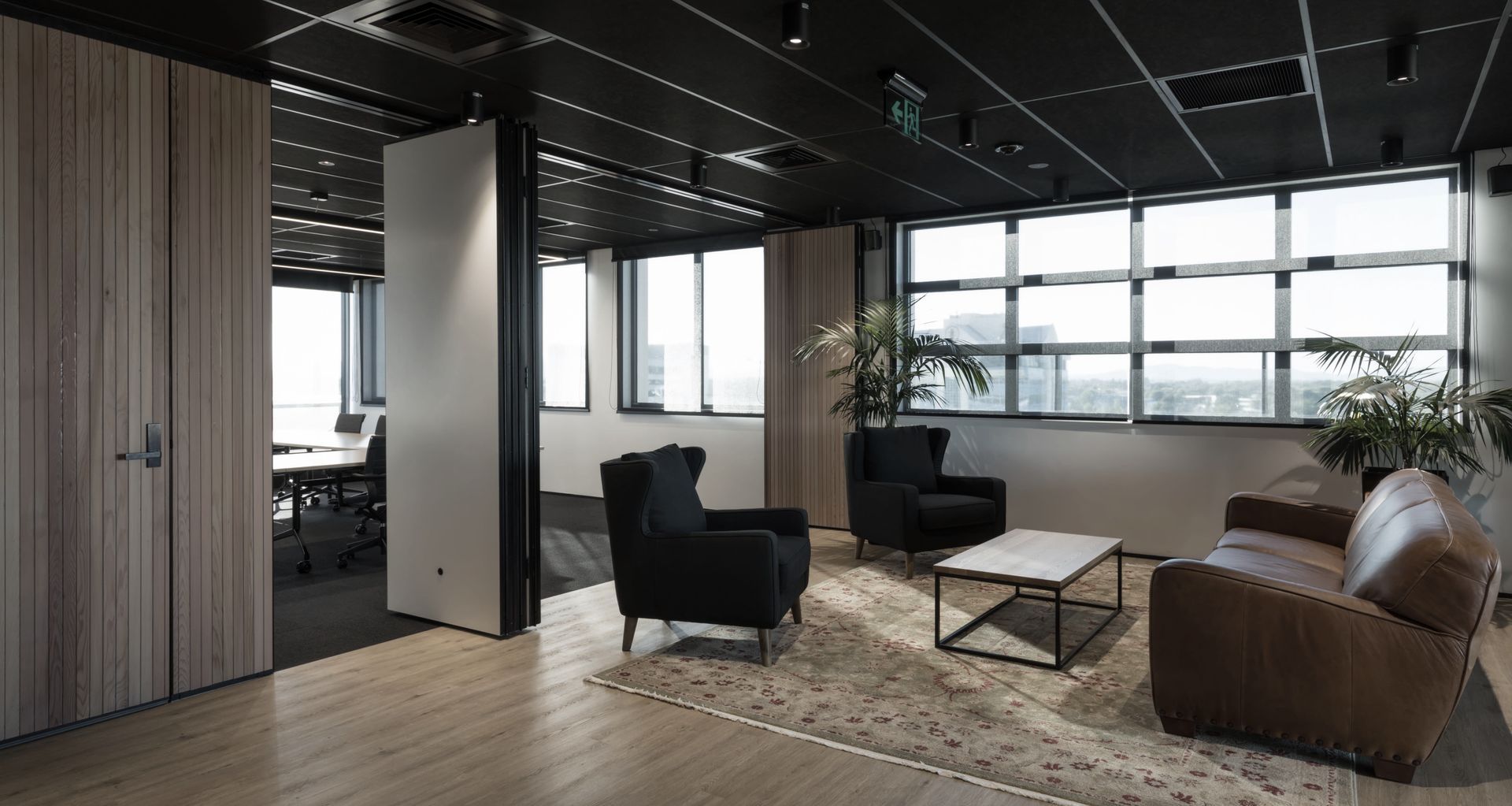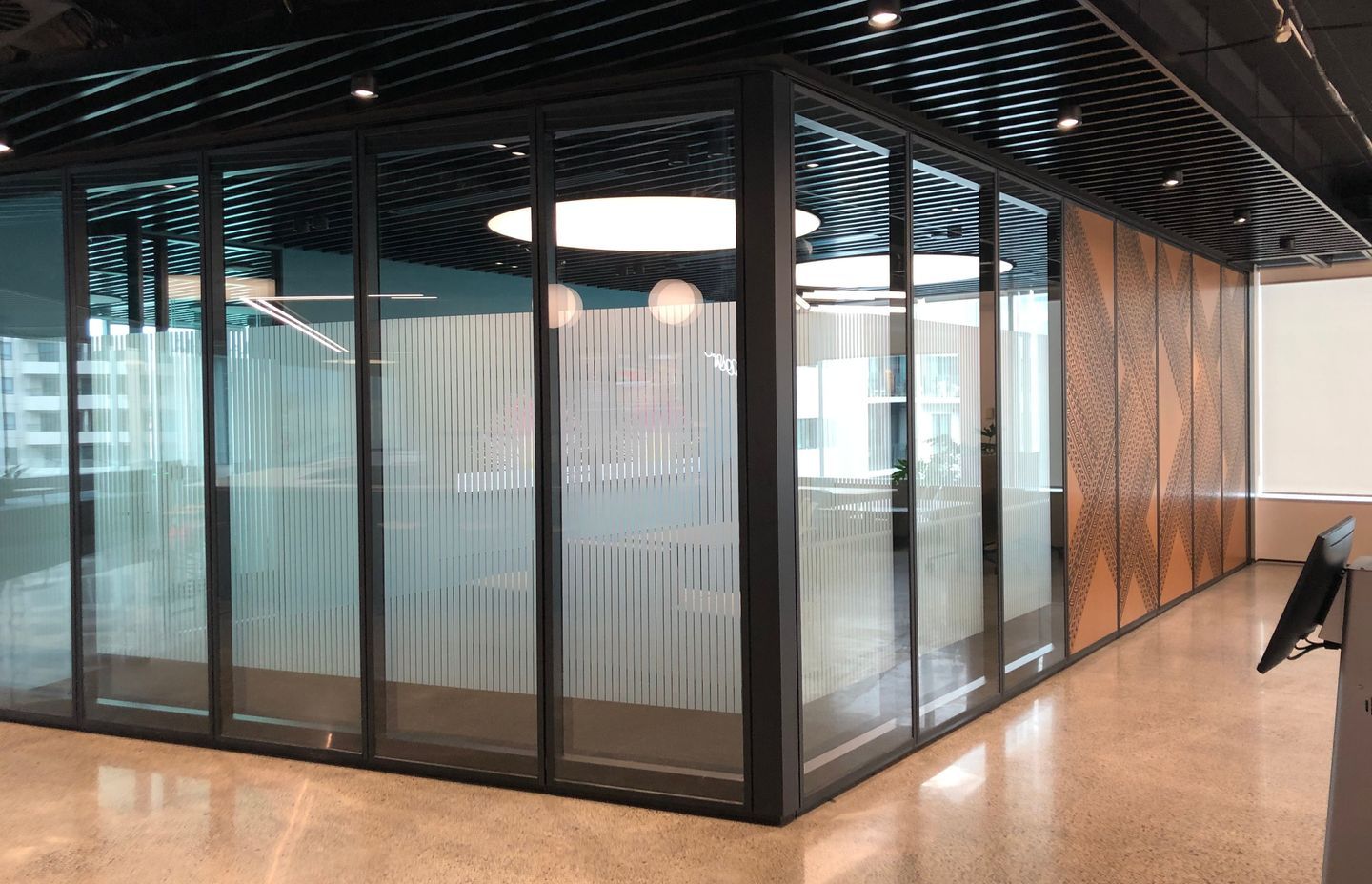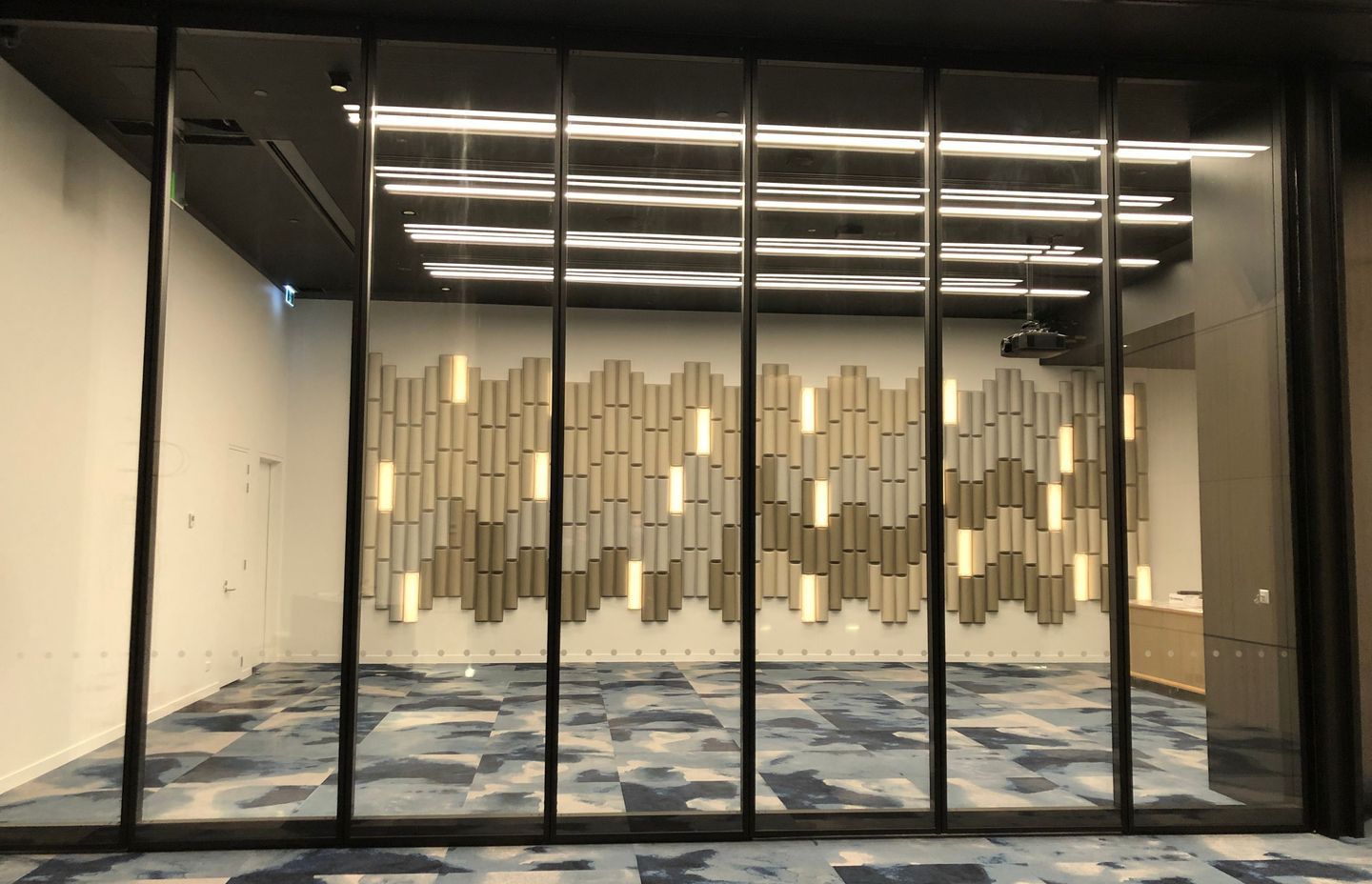How bringing manufacturing to NZ helped a moveable wall company thrive
Written by
17 August 2022
•
4 min read

Delayed shipping: it’s an issue that many in the construction and design industry have experienced firsthand throughout the last two years. Supply chain disruption is one of the most widely felt economic and logistical symptoms of the global pandemic, and perhaps its most serious ramification is the delays in global shipping, which has slowed down systems and processes across many sectors.
The effects of the crisis are particularly felt in the construction industry in New Zealand: builders are finding it difficult to source materials, and many projects have floundered in their early stages because suppliers are forced to extend their lead times, often throwing schedules into disarray.
There is a simple antidote to this problem, however: local manufacturing.
Recently, Trans-Space, a company that specialises in moveable and operable doors, learned this the practical way: they made the decision to bring all manufacturing from overseas to an Auckland-based facility. The company’s managing director Woody Purdom says that after testing the philosophy more than once, the company finally decided to pull the trigger on the strategy – and hasn’t looked back since.

Lead times halved
“We deal in movable partitions, acoustic sliders, and automated operable walls, so the nature of our business is to come in halfway through a renovation to measure,” says Woody. “So if it’s a three month project – before we switched to local manufacturing – often we wouldn’t be able to install our products until after the renovation is finished, which obviously isn’t ideal.”
And since every operable wall is tailor-made for its specific location and purpose, when combining both offshore manufacturing and subsequent shipping, lead times could be sluggish.
“We used to measure on site and send the orders to our old manufacturers in Malaysia – and this used to be a four or five week deal,” says Woody. “But now with pressures on shipping, this often blew up to 10 or 12 weeks, which is just too long for many of our customers.”
But now with a manufacturing facility in Auckland, this has cut down dramatically; while the actual time to manufacture remains the same, cutting out shipping has decreased the total lead time down to approximately four weeks.
“It takes away the unknown quantity that is shipping – which can be four or five weeks, or even longer, they have sort of four or five weeks of shipping.
“My intention is to take the movable walls from being a long lead time item to being ready before they are required,” Woody says, “so the lead time basically halves. The ultimate goal is to transform the perception of moveable walls from having a long lead time to being ready even before they are required.”

More than just quick installation
But the benefits don’t just stop at vastly improved lead times; one by-product of onshoring manufacturing is employing around 30 New Zealanders for the facility, all of whom have extensive experience in the industry.
Additionally, Trans-Space is able to quickly and easily resolve issues raised by customers if there’s a fault. “If there is an issue with the walls after installation, we can help them out straight away because we hold all the components here in the factory,” says Woody. “We’ve got the parts and we’ve got the expertise to do it.”
He says this goes a long way to improve the entire process, from consultation to completion – for both themselves as a company and especially for their customers.
“At the end of the day, this investment is to better our relationship with all our customers and make sure their projects are a success.”
Learn more about Trans-Space and its offerings.